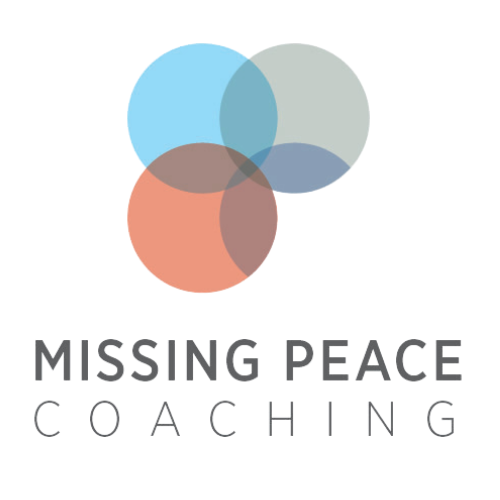On May 6th, The Hollywood Reporter’s Rebecca Keegan wrote about the value of coaches in combatting Hollywood's toxic culture - and the LA Times followed a few days later with a story about the hostile culture at a leading talent agency.
I'm posting Rebecca's article so that if someone is facing an unhealthy culture, they can find a tool or resource to help them get a solution.
Excerpt from the article, “How Rage Coaches Are Helping Hollywood Take on Powerful Jerks”, quoting my thoughts on the Entertainment industry:
“The uncertainty has mitigated some of the pompous, know-it-all attitude,” says Cynthia Oredugba, who in the 1970s was the first African American woman to join William Morris as an agent trainee, later launching her own agency and then her own coaching business specializing in female leaders. “Nobody knows it all now. The future is so unclear, everybody is crawling in the dark, trying to find the light. It’s not all about me and who I am and you sucking up to me. It’s about, how can we find a direction and a path to keep moving?”
Oredugba, who has been providing group coaching over Zoom for members of the organization Women in Animation, says more and more industry leaders are
becoming open to input from entry-level staffers, a wildly different phenomenon from the top-down culture that used to predominate in the entertainment business. “I am seeing that people are listening to resources that they would have ignored,” she says.On the flip side from the arrogant bosses are the leaders new to top positions who are grappling with whether they really deserve them, a phenomenon multiple coaches say is more common among their female clients and clients of color. “One of my clients got a very impressive position and felt an impostor syndrome,” Oredugba says. “Quite honestly, the person was truly gifted. But it was her fear that she had bitten off more than she could chew. So we worked on that, and she ended up really catapulting.”
Oredugba guided her client on issues like delegating and self-care and asked leading questions like, “Are you spending too much time doing things that aren’t that important to your big picture?”

